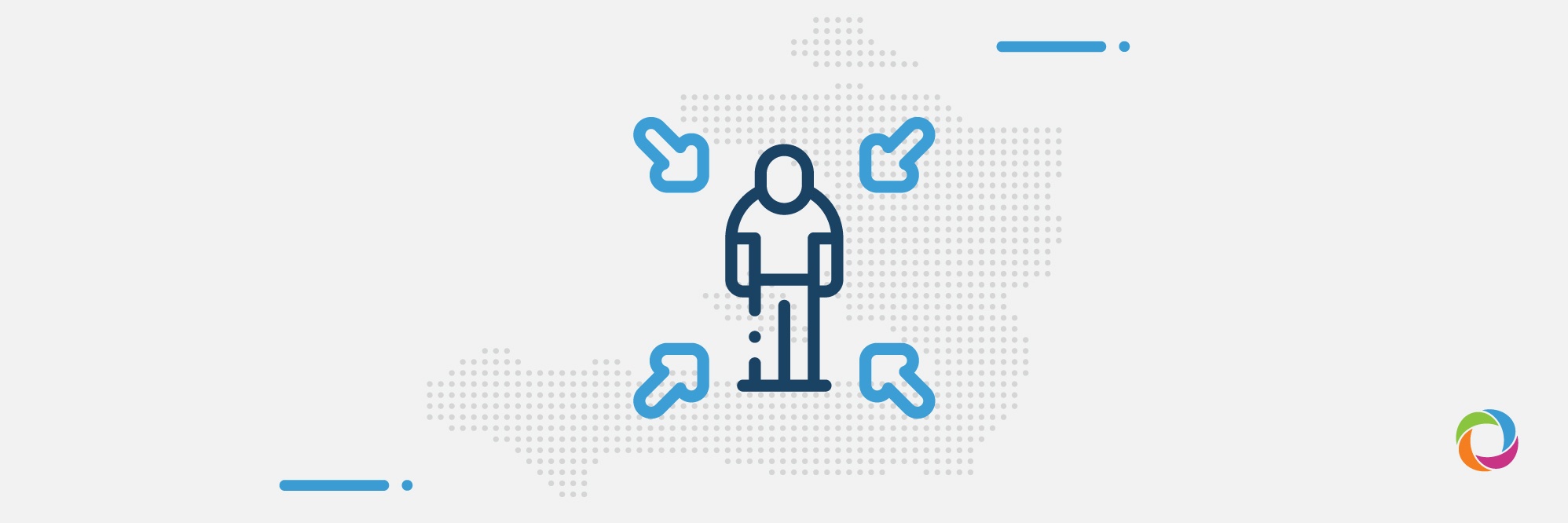As the Haitian opposition called upon people to take to the streets to protest against the incumbent President, Jovenel Moïse, to force him to step down, the UN fears another wave of violent repression may occur.
The United Nations Human Rights Office (OHCHR) warns that increasing political tension in Haiti, the poorest country of the Western hemisphere, according to the World Bank, may result in violent crackdowns by the authorities. It also disclosed that the country is now dealing with extremely high levels of crime, gang fights, and kidnapping which go totally unpunished.
The OHCHR spokesperson, Marta Hurtado, said that “Calls for mass protests have been growing. This, in turn, raises concerns of renewed human rights violations by security forces during the policing of protests as seen during the months-long protests in 2018 and 2019, as well as during demonstrations in October and November of last year.”
The Haitian opposition called upon people to protest against the current president at the beginning of January accusing him of entering his second year of rule by decree, an act condemned by the international community including the UN. The opposition incited people onto the streets of Port-au-Prince, Cap-Haitien, Jacmel, Saint-Marc, and Gonaives where, although dozens clashed with police, the protests remained mostly peaceful. However, as the OHCHR indicated in its report, the demonstrations in 2018 had also begun peacefully but gradually boiled over into violent riots.
The opposition accuses President Moïse of embezzlement and fraud in connection with the Venezuelan program which involved the provision of cheap oil. Despite evidence of the discrepancies, Moïse rejected the accusations and, to obstruct his opponents, he issued a decree which qualified such crimes as robbery, arson, and blocking public roads – which frequently occur during periods of unrest – to be considered as acts of terrorism in order to be able to punish any act of objection against him more severely and to deter political opponents.
On the other hand, the population is less concerned about the ongoing political crisis than on its struggle to survive. Haiti is one of the poorest countries in the world and has proved unable to recover from the tremendous financial crisis triggered by the devastating earthquake that destroyed vast parts of the country in 2010. Hurricane Matthew, which subsequently occurred in 2016, made the situation even worse. Haiti is the poorest nation in the Western Hemisphere with a GDP per capita of only US$797. It also faces one of the highest global rates of inflation which has pushed even more people into extreme poverty and hunger. It is estimated that 60% of the population live for less than $2 per day. The economic collapse has significantly contributed to social unrest, violence, and gang fights that seek to use the political instability to its advantage, making crime a way to earn money.

